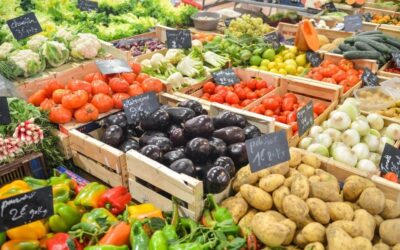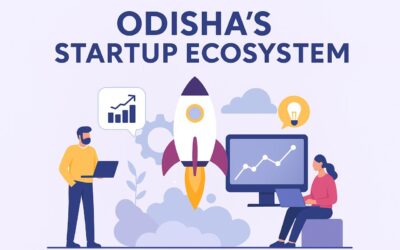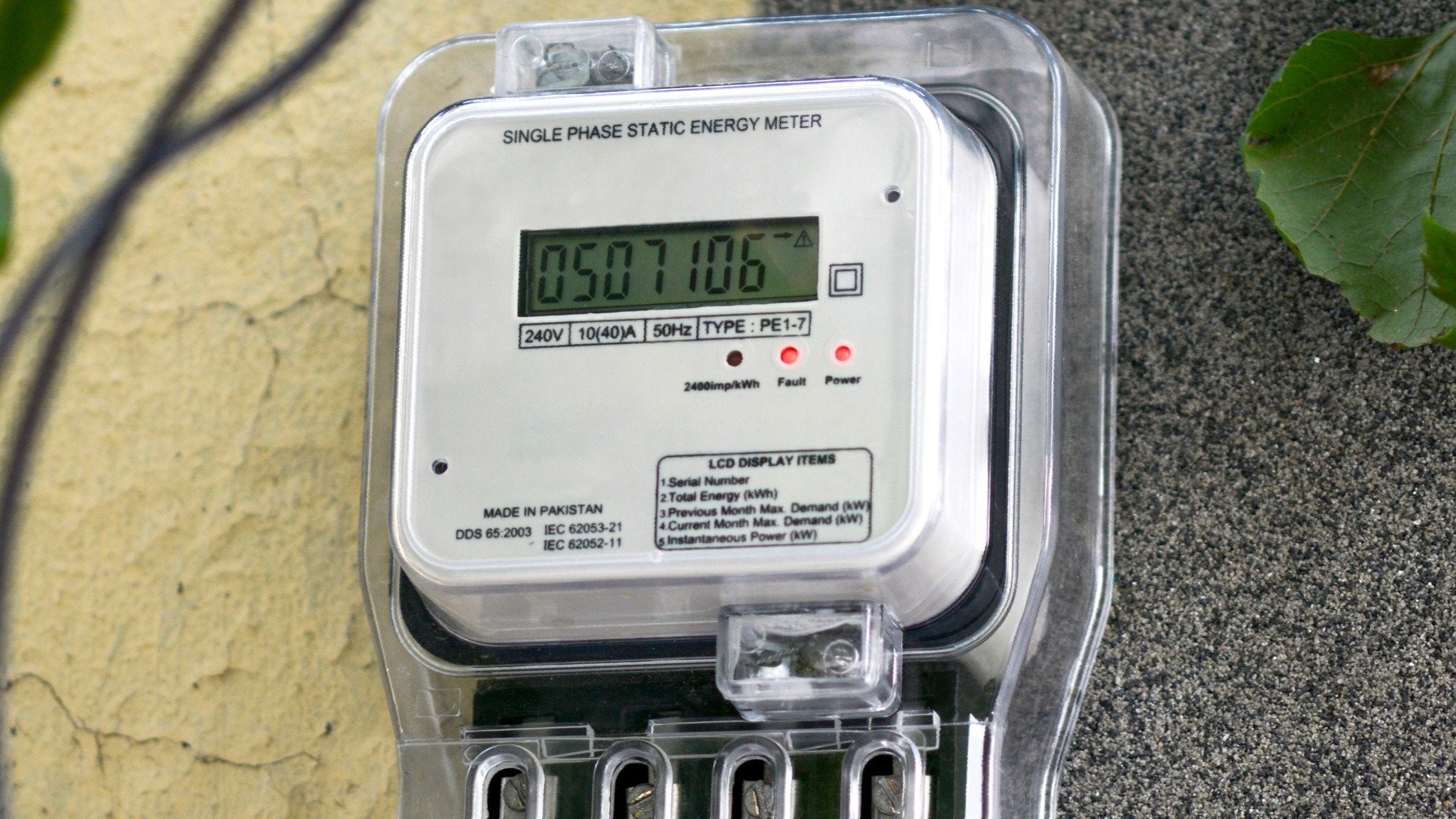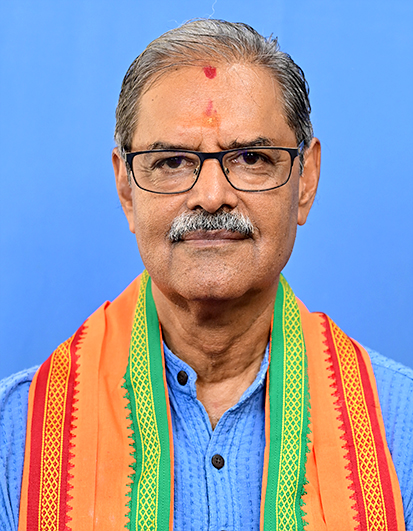Vedanta Empowers Rural Women Entrepreneurs

Promoting Enterprise and Financial Independence through Self-Help Groups in Odisha
To foster entrepreneurial spirit among rural women, Vedanta Aluminium, India’s largest aluminium producer, has extended support to self-help groups (SHGs) in Gunupur village, Kalahandi district. This initiative aims to promote micro-enterprises and long-term financial independence for women by providing necessary tools and training in activities like slipper-making, paper plate production, and rice milling.
As part of this initiative, Vedanta conducted a comprehensive workshop for 45 women from three SHGs. The workshop focused on income-generating activities, marketing, and sales skills. Experts guided participants on effective enterprise management and strategies to access financial support, equipping them with practical knowledge and confidence.
Sunil Gupta, COO of Vedanta Aluminium, said, “At Vedanta, we are committed to empowering women to achieve their dreams and become self-reliant. Our initiatives across Kalahandi and Odisha reflect our dedication to gender inclusion and nurturing women entrepreneurs. In regions where women once faced heartbreaking choices, they are now confident changemakers transforming their communities.”
Kalendiri Dhangda Majhi, Secretary of the Malankeshwari SHG, expressed gratitude, stating, “Vedanta’s unwavering support has not only provided us with essential tools but also the skills to build sustainable businesses. Their efforts are instrumental in our journey towards economic self-sufficiency.”
Through programs like Project Panchhi and Project Shree Shakti, Vedanta empowers women from rural and marginalized communities with education, employment, and inclusive workplace policies. These initiatives highlight Vedanta’s commitment to driving social and economic transformation within and beyond its operational areas.
Collaborating closely with local authorities and stakeholders, Vedanta ensures its efforts contribute meaningfully to inclusive development. Its community interventions have impacted over 1.5 lakh people across 67 villages in Kalahandi and nearly 5 lakh individuals across Odisha.


